20 Things You Should Know About Andrew and Erna Viterbi
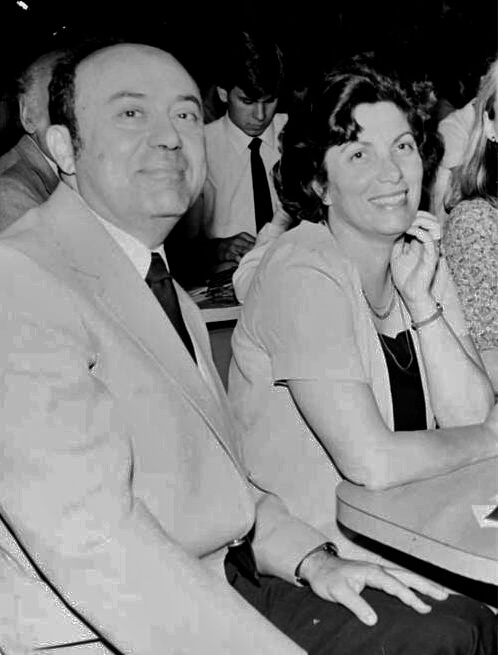
Andrew and Erna Viterbi. In many ways, according to their daughter, Audrey, they were complete opposites. Andrew was the quiet, serious engineer, always with a pencil and notepad in his hands. Erna was the gregarious people person, a natural storyteller.
But they were also Holocaust refugees with shared values who found each other half a world away in Los Angeles. As Andrew often says, Erna “was destined to be my wife.”
In 2004, the couple decided to make a naming gift to the institution where Andrew earned his doctorate: USC’s School of Engineering. Here are 20 unique facts about the Viterbis.
Andrew and Erna’s first date was dancing at the iconic Cocoanut Grove nightclub in Los Angeles. Erna had studied ballet in her native Sarajevo before the Nazi invasion.
Andrew gave President George W. Bush a high five at the urging of his grandson, Aaron, at the White House as part of the 2007 National Medal of Science ceremony.
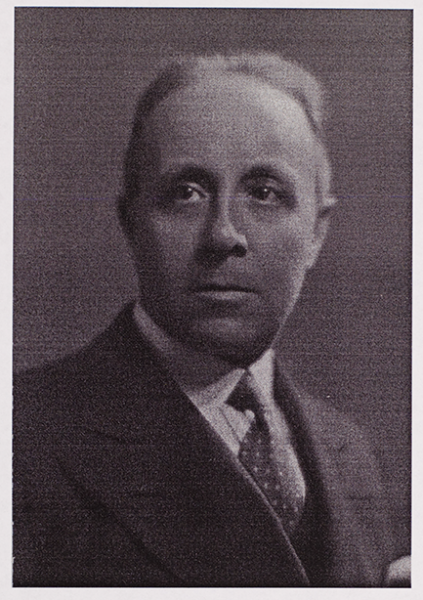
Andrew’s father, Achille Viterbi, was a true Renaissance man, trained in Latin and Greek, a World War I medical officer, survivor of the global flu pandemic of 1918–20, friend of the future Pope John XXIII, and head of ophthalmology at the principal hospital of Bergamo, Lombardy, Italy.
The Viterbi algorithm, first published in IEEE Information Theory Transactions in 1967, was initially rejected by industry. Chris Miller, in his book “Chip War,” writes: “It was praised by scientists as an excellent piece of theory, but Viterbi’s algorithm seemed difficult to use in practice. The idea that normal radios would ever have the computing power to run complicated algorithms seemed implausible.”
 Today, the Viterbi algorithm is used in billions of cellphone calls daily, allowing voices to be decoded and made clear across great distances. It’s also used in space communications, voice recognition, data recording,search, DNA sequencing and even HBO’s satellite beaming of “Game of Thrones.”
Today, the Viterbi algorithm is used in billions of cellphone calls daily, allowing voices to be decoded and made clear across great distances. It’s also used in space communications, voice recognition, data recording,search, DNA sequencing and even HBO’s satellite beaming of “Game of Thrones.”
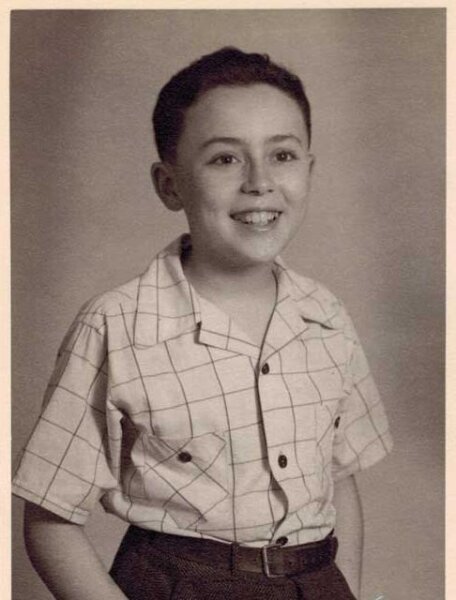 Andrew came to the United States at age 4, while Erna arrived at 16, having spent her childhood in war-torn Europe.
Andrew came to the United States at age 4, while Erna arrived at 16, having spent her childhood in war-torn Europe.
Erna recalled this about her life as a refugee in Italian-occupied Montenegro, having escaped her hometown, Sarajevo, as it was occupied by Nazi forces: “After a while, the local people killed a number of the Italian military and, in retaliation, they imprisoned all the men in the capital of Montenegro, including my father, my grandfather and two of my uncles. My mother found out that they were in a prison, so she dressed me extremely well, and she dressed herself the best she could because she wanted to present herself as a lady rather than a poor peasant. When my mother and I approached the prison, they opened the door and asked us why we were there. She explained to them that we had come to visit our men, and they brought them out handcuffed. I started crying when I saw my old grandfather handcuffed with chains. An Italian officer then said, ‘I don’t like to see this child cry; let her family go.’ And so, they did.” This was the first of many acts of mercy and kindness that helped Erna’s family survive in Italy under fascism followed by Nazi occupation, escape to neutral Switzerland and finally as “displaced persons” in postwar Italy awaiting U.S. immigration visas.
Erna said: “Going through the war and losing a lot of my family has made me want, above all, the safety of those I love: my friends, my family and our people. That’s why I always tell my grandchildren, ‘Be careful, children.’”
Erna spoke several languages fluently: Serbo-Croatian, Italian, Spanish, Ladino and English. She could also communicate in Bulgarian, Czech and Russian.
Andrew and Erna’s $52 million gift to the USC School of Engineering in 2004 was the largest naming gift to a school of engineering in the U.S.
The Viterbis continued to support the school and university over the years, giving $2 million in 1999 to endow a chair in communications at USC Viterbi, and another $15 million in 2014 to support scholarship in engineering and genocide studies, including five endowed chairs and five graduate student fellowships at USC Viterbi.
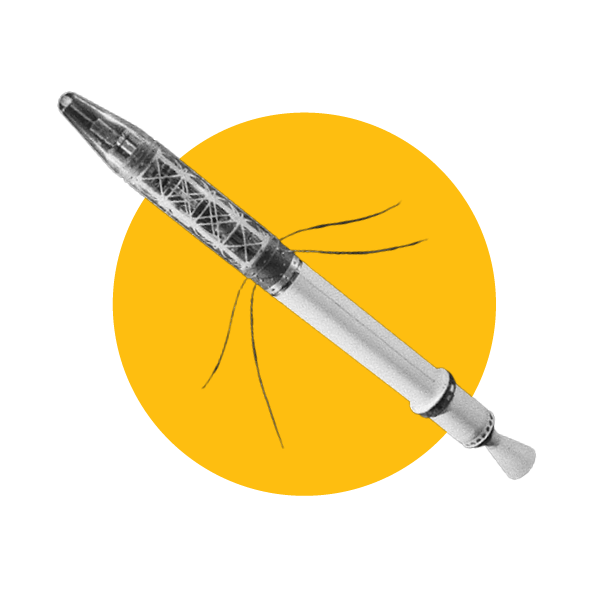 At age 22, Andrew’s photo appeared on the cover of Life magazine, together with several other members of the Jet Propulsion Lab team that had tracked the Explorer 1 satellite signal to validate that it had achieved earth orbit, as the U.S. answer to Sputnik.
At age 22, Andrew’s photo appeared on the cover of Life magazine, together with several other members of the Jet Propulsion Lab team that had tracked the Explorer 1 satellite signal to validate that it had achieved earth orbit, as the U.S. answer to Sputnik.
Andrew received his Ph.D. in electrical engineering from USC in 1962. He later claimed to have played a “small advisory role” in Dean Zohrab Kaprielian’s recruitment of star JPL colleagues, beginning with Solomon Golomb. Others soon followed, including Lloyd Welch, Bill Lindsey, Irving Reed, Bob Scholtz, Charles Weber and Bob Gagliardi. This group, known as “the Magnificent Seven,” played a key role in the School of Engineering’s rise from obscurity to international recognition, a model for the university to follow.
 Erna loved art and bright colors. She particularly loved blown-glass artists like Lino Tagliapietra and Dale Chihuly.
Erna loved art and bright colors. She particularly loved blown-glass artists like Lino Tagliapietra and Dale Chihuly.
Andrew and Erna’s favorite songs include “Nel blu, dipinto di blu (Volare),” the most played song in the world in 1958, the year of their marriage. They also loved Frank Sinatra’s “Fly Me to the Moon,” “Love Is a Many Splendored Thing,” and Italian operatic arias, with Verdi’s “Va, pensiero” being their favorite.
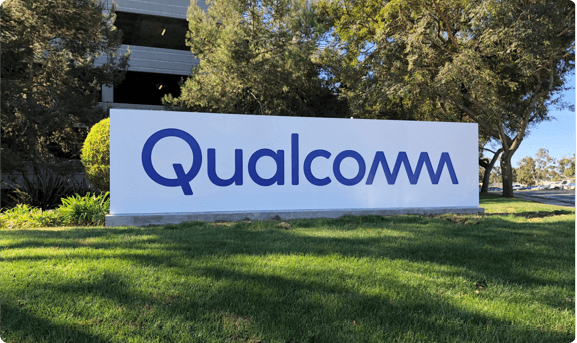 Andrew co-founded Qualcomm (short for “quality communications”) in 1985 with Irwin Jacobs and five others. Known as the world’s largest smartphone chipmaker, Qualcomm recorded 2023 revenues of nearly $36 billion.
Andrew co-founded Qualcomm (short for “quality communications”) in 1985 with Irwin Jacobs and five others. Known as the world’s largest smartphone chipmaker, Qualcomm recorded 2023 revenues of nearly $36 billion.
Before Qualcomm, Andrew and Irwin Jacobs had taken sabbaticals from their academic jobs to form Linkabit, a satellite communications company. Their biggest commercial customer? A small Midwestern retailer called Wal-Mart. Sam Walton, the CEO, wanted to beam himself talking to the 2,000 store managers every Monday morning. Another key customer was HBO, for which Linkabit helped scramble and unscramble their signal to protect the channel from consumer pirates.
 Andrew’s childhood dream was to become a professor, which he achieved at UCLA in 1963. In his memoir, the first four decades are titled “Ascent,” while the next four are labeled “Metamorphosis,” in which he refers to himself as a “hesitant entrepreneur” and a “reluctant capitalist.”
Andrew’s childhood dream was to become a professor, which he achieved at UCLA in 1963. In his memoir, the first four decades are titled “Ascent,” while the next four are labeled “Metamorphosis,” in which he refers to himself as a “hesitant entrepreneur” and a “reluctant capitalist.”
Erna and Andrew had three children: Audrey, an electrical engineer who was an assistant professor at UC Irvine and became founder and CEO of Linkagene; Alan, former mayor of West Hollywood and founder of two successful startups, U.S. Public Technologies and Liquid Environmental Solutions; and Alexander, a real estate investor and adventurer who passed away in 2011.
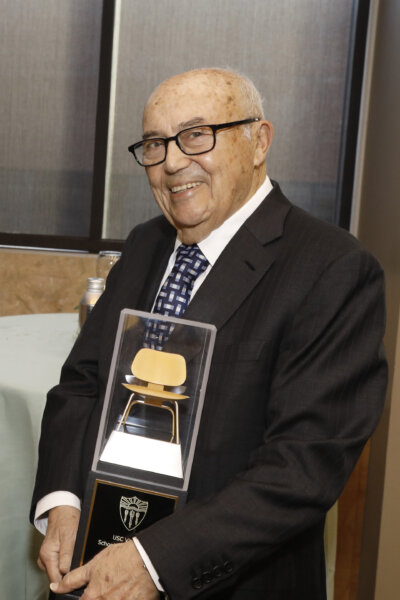 The first decade of the 21st century rewarded the Viterbis with leisure, pleasant travel with family and satisfaction from the achievements of grandchildren, as well as from supporting worthy causes, not the least being education. As they entered their 80s, the storms began with the loss of son, Alex, followed within three years by the loss of Erna in 2015, both from cardiac failures. But Andrew marches on, blessed by the loving support of the clan that he and Erna brought into the world, which, with spouses included, now numbers an even dozen. And looking forward, he dreams of the arrival of another generation.
The first decade of the 21st century rewarded the Viterbis with leisure, pleasant travel with family and satisfaction from the achievements of grandchildren, as well as from supporting worthy causes, not the least being education. As they entered their 80s, the storms began with the loss of son, Alex, followed within three years by the loss of Erna in 2015, both from cardiac failures. But Andrew marches on, blessed by the loving support of the clan that he and Erna brought into the world, which, with spouses included, now numbers an even dozen. And looking forward, he dreams of the arrival of another generation.



